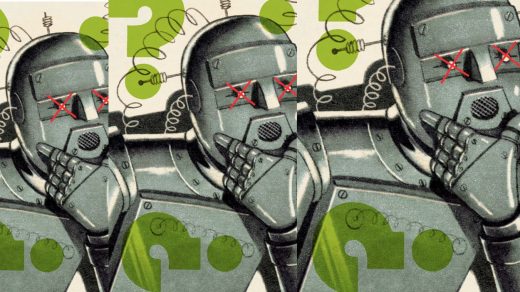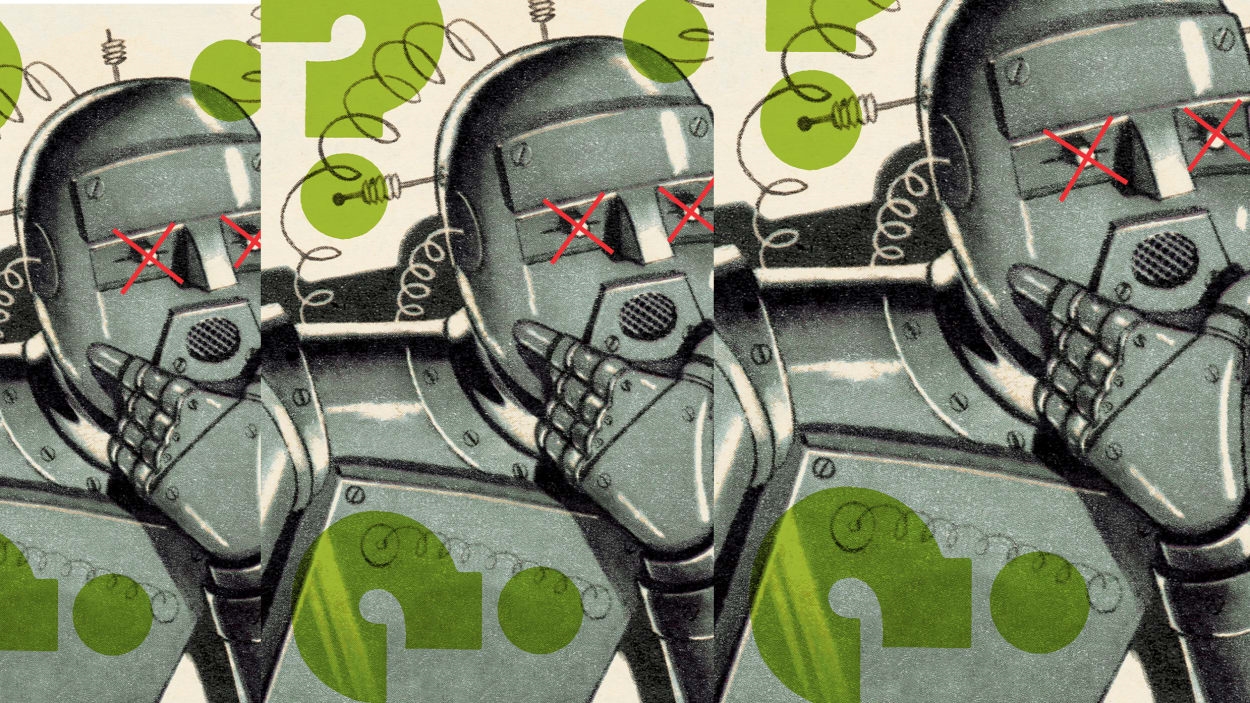A science fiction magazine closed submissions after being bombarded with stories written by ChatGPT
Clarkesworld Magazine is no stranger to tales of artificial intelligence impacting society, but in a sad and wild case of life imitating art, the Hugo Award-winning magazine has had to temporarily close its doors to submissions due to it being bombarded with people filing science fiction stories ostensibly written by ChatGPT.
Clarkesworld Magazine editor Neil Clarke made the announcement on Twitter (March 16, 2023) with the simple statement, “Submissions are currently closed. It shouldn’t be hard to guess why.” When a user replied that Clarke should use an AI tool to scan submissions for AI involvement, Clarke replied, “None of the detection tools are reliable enough.”
Clarke’s decision to close submissions came five days after he wrote a blog post outlining the explosion in AI-written submissions that the magazine had received beginning in late 2022—right when OpenAI’s ChatGPT tool went mainstream. Before October 2022, Clarke’s data shows Clarkesworld Magazine had to ban fewer than 25 people for plagiarized or AI/chatbot-generated submissions per month. In December 2022, the number rose to 50. In January 2023, it more than doubled to just under 120. But in February 2023, the number of bans jumped to over 500 (and the month isn’t even finished yet).
Clarke says he’s reached out to other editors and has found his situation is far from unique. As for what to do, Clarke writes, “While rejecting and banning these submissions has been simple, it’s growing at a rate that will necessitate changes. To make matters worse, the technology is only going to get better, so detection will become more challenging.”
He goes on to suggest that magazines such as his may have to resort to limiting submission windows, offering invitations to submit to only “known” authors, or requiring a submitter to provide more personal and identifiable contact information to fight AI plagiarism. He finds none of these options appealing.
“It’s clear that business as usual won’t be sustainable and I worry that this path will lead to an increased number of barriers for new and international authors,” Clarke says.
What’s even more depressing is that while many of the responses to Clarke’s blog post are supportive, some seem to defend the practice of writers using AI to generate “their” work. One commenter replied, “Having ChatGPT learn my ideas and help flesh them out or provide character dialog for me to converse with, that was everything I needed. To the point I generated a whole novella.”
It shouldn’t need to be said that “generating” a novella and “writing” one are two completely different things. But that’s what happens when science fiction and reality collide.
Update: This post has been updated to clarify that Clarke’s charts show the number of bans per month.
(27)



